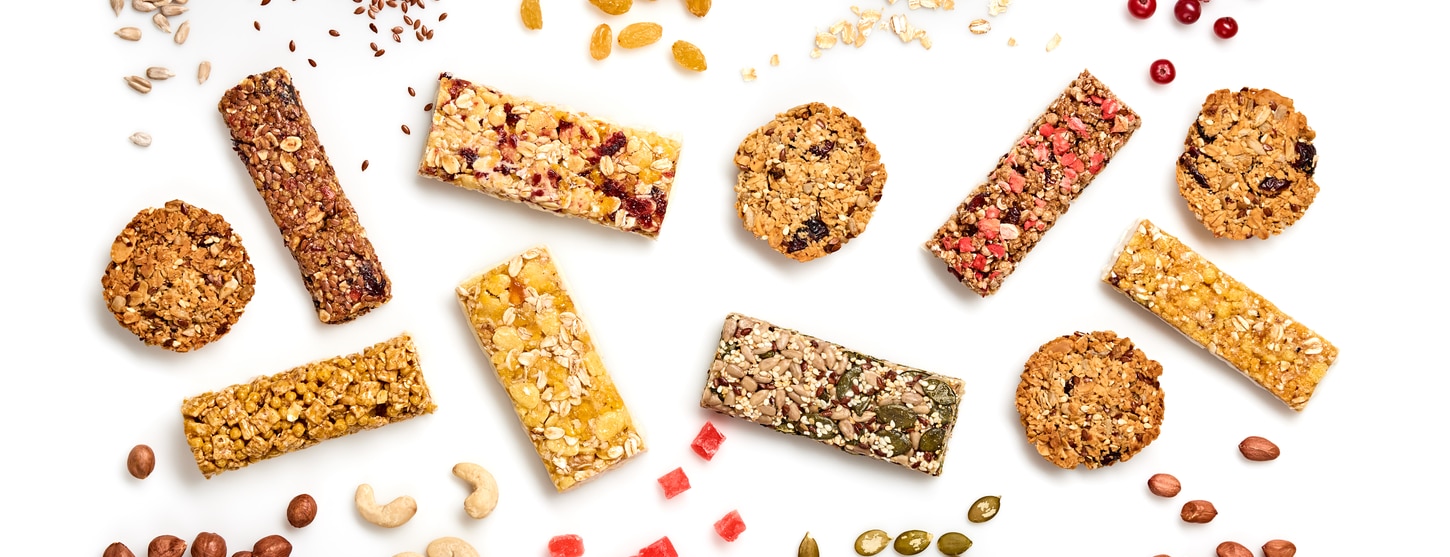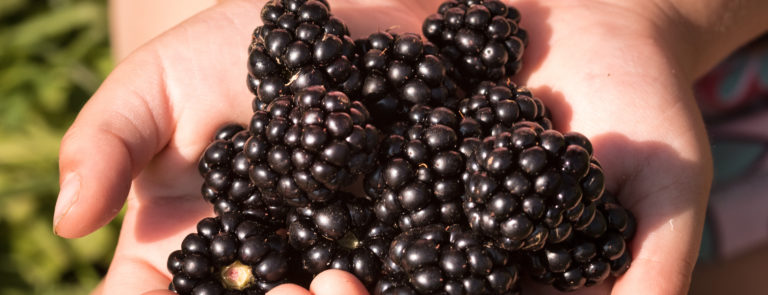15% off €25
Code:SPEND
Are cereal bars healthy?

Are cereal bars healthy? What are the ingredients to watch out for and what are the best bars out there on the market? We reveal all in this article.
Summary
1Are cereal bars healthy?
Increasingly busy lifestyles mean cereal bars are seen as being an ideal on-the-go breakfast solution, but it’s best to be cautious when shopping...
2How do cereal bars stack up against other breakfa
Cereal bars are usually a healthier alternative to chocolate bars. However, they are still a sweet snack and you should take the time to choose the...
3The best ingredients for fuelling your day
Cereal bars are usually a healthier alternative to chocolate bars. They aren’t an ideal breakfast snack, but more of a sweet treat alternative. Oat...
Cereal bars are great for popping in your pocket or bag and snacking on when you get peckish.
They’re also great if you’re running behind in the morning and haven’t got time to make yourself some breakfast.
But what’s the real deal with cereal bars? Are the ‘healthy’ granola bars we see on the shelves and online good for us?
Or should we be more mindful of how many cereal bars we reach out for on a daily/weekly basis?
We caught up with one of our nutritionists, Amrit Kaur Khaneja, to get the lowdown on cereal bars, including what to look out for on ingredients lists, how they compare to other breakfast snacks and just healthy they really are.
Are cereal bars healthy?
Increasingly busy lifestyles mean cereal bars are seen as being an ideal on-the-go breakfast solution, but it’s best to be cautious when shopping around for them.
While many of these bars may be marketed as being healthy, some actually happen to contain high amounts of hidden sugar and saturated fat. On top of this, they’re also low in fibre.
This means that despite all the health claims, many cereal bars aren’t as healthy as they like to make out they are.
They highlight the good ingredients without really giving the nasties and refined carbohydrates a mention, which means it’s really easy to think they’re much healthier than they actually are….
What are the ingredients to watch out for/avoid?
There’s a huge variety of cereal bars available in shops, supermarkets and online, which means choosing the healthiest one can be tricky because there are so many different options to choose from.
Where possible, steer clear of bars that are high in:
Sugar and saturated fat
You can spot them because they’re the cereal bars that have been coated in chocolate or yoghurt, which may be tasty, but really ramps up the added sugar content.
Yoghurt-coated varieties also tend to contain saturated fats from palm oil, which can have a negative impact on heart health.
When it comes to the sugar content, choose bars that contain no more than 4 to 5g (just over 1 teaspoon) of sugar per bar.
Simple carbohydrates
Make sure you select bars that contain complex carbohydrates, such as oats, nuts and seeds too.
Avoid anything that contains simple carbohydrates, for instance, cereal bars with rice puffs or refined cereals.
They can make your blood sugar levels rise because the sugar enters the bloodstream quickly.
This sharp spike in blood sugar is rapidly followed by a sharp drop, resulting in low energy levels and hunger pangs.
Summary
- Many cereal bars are marketed as being healthy, but they aren’t that healthy in reality
- Some contain high amounts of hidden sugar and saturated fat
- Certain bars are also low in fibre

How do cereal bars stack up against other breakfast snacks?
Cereal bars are usually a healthier alternative to chocolate bars. However, they are still a sweet snack and you should take the time to choose the right one.
Because of their unhealthy levels of sugar and carbs, cereal bars aren’t actually an ideal breakfast; they’re more of a sweet treat alternative.
Oat and nut-based bars with a high fibre and protein content, that are low in sugar and saturated fat, are a much better – and healthier - breakfast snack compared to other snack options.

Homemade granola bars
The best (and healthiest) way of making sure your cereal bars are low in sugar and carbs and full of fibre is to make your own!
That way, you know exactly what’s in them, and they can be tailored to your specific dietary needs.
Like the idea of making your own? Take a look at the healthy snack bars recipes (sweet, savoury, vegan and more) in this article, ‘How to make healthy granola bars.’
What are the best ingredients for fuelling your day?
You can’t go wrong by starting your day with a combination of nuts, oats and seeds.
Oats
Packed full of nutrients, oats are a whole grain food consisting of slow-releasing carbohydrates, fibre and protein.
They are also a good source of B vitamins and minerals, such as manganese, phosphorus, magnesium, copper and zinc.
Nuts
Are a good source of vitamins and minerals and antioxidants. For example, Brazil nuts contain almost 100% of the recommended daily allowance of selenium.
Seeds
Although small, seeds are nutrient powerhouses. They’re rich in natural fats, fibre and vitamins and minerals. For example, flaxseeds and chia seeds are full of omega 3 fats and fibre.
Summary
- Cereal bars are usually a healthier alternative to chocolate bars
- They aren’t an ideal breakfast snack, but more of a sweet treat alternative
- Oat and nut-based bars are a much healthier breakfast snack
Takeaway
Not all cereal bars are as healthy as they make out they are, but that doesn’t mean you can’t enjoy them.
You just need to scrutinise those ingredient lists that bit more and steer clear of bars that are sky-high in sugar and simple carbs and low in fibre.
Fortunately, there are lots of healthy cereal bar options out there, including the 9 we’ve listed above. Don’t forget, you can also make your own too!
The advice in this article is for information only and should not replace medical care. Please check with your GP or healthcare professional before trying any supplements, treatments or remedies. Food supplements must not be used as a substitute for a varied and balanced diet and a healthy lifestyle.
Last updated: 4 March 2022



